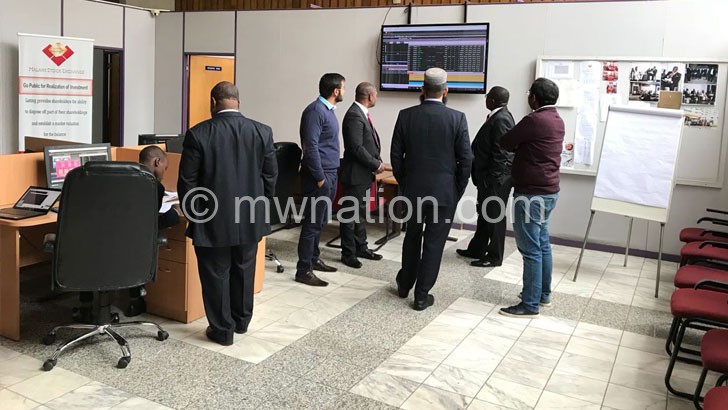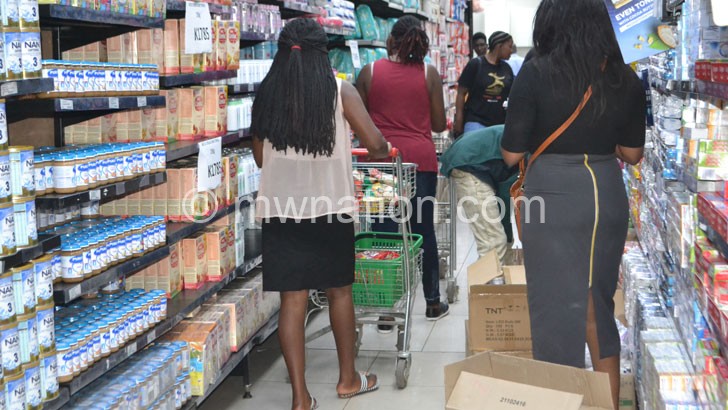Malawi Stock Exchange (MSE) has simplified the Enterprise and Development Growth Exchange (EDGEx), formerly Alternative Capital Market, to ease access for long-term equity financing for small and medium enterprises (SMEs).
MSE has modified the requirements for EDGEx, which means a business does not need to have a profit history to access equity finance through EDGEx.
Most of the SMEs find it difficult to list on MSE
Further, the minimum capital requirement to list on EDGEx is set at K250 million compared to K500 million on the 16-counter market.
Speaking in an interview on Tuesday, MSE operations manager Kelline Kondowe said SMEs need to explore and access long-term financing to become more resilient; hence, the development.
She said: “The EDGEx is there to provide easy access to capital for SMEs. We acknowledge that most of the SMEs shun this market and we have since developed proposal documents on areas we believe could attract more SMEs to list on the platform, especially in the area of tax incentives.
“We believe that over time we should have these incentives in place.”
Kondowe, however, said there is need for small businesses to formalise their operations.
“Lack of organisation among most SMEs has made it hard for us to consider them and this as this is one of the challenges that we have observed that hinders SMEs from accessing long-term capital through the platform. We want them to be formal to benefit from this,” she said.
Kondowe acknowledged that the market has not attracted the much needed response, but said MSE has intensified efforts to make the market more user-friendly.
Reacting to the development on Tuesday, market and investment analyst Bond Mtembezeka said SMEs have difficulties in accessing funding the world over, but any interventions aimed at simplifying access to finance is a welcome development.
He said: “We do not believe that there is more than just the requirements. It’s an issue to do with the demand side. People need to be made aware of the market.
“Those who are aware shun it because of the relative sizes of SMEs which by implication are not as profitable as those companies on the main bourse. So, to me the most important factor to consider is for the stock exchange to not only focus on pure equity, but also offer hybrid instruments.”
Chamber for Small and Medium Businesses Association James Chiutsi said the new platform is welcome as most of the SMEs face access to finance challenges due to strict collateral requirements in financial institutions.
He said: “Despite the country having several entrepreneurs with sound business ideas, accessing finance has and continues to be a challenge for SMEs.
“Not many people have acquired assets that can be used to secure such provisions.”
In Malawi, capital for SMEs remains a challenges, with majority of SMEs are failing to access finance despite the sector being a significant source of jobs to 1.6 million people in the country.
According to World Bank data, only 10 percent of medium enterprises, five percent of small enterprises and three percent of micro enterprises access credit from commercial banks.
This is despite the country having 60 percent of businesses being microenterprises, employing one to four people, 32 percent small enterprises, employing five to 20 people and only eight percent being medium enterprises, employing 21 to 99 people.
The post MSE simplifies SMEs entry on market appeared first on The Nation Online.
 Moni Malawi
Moni Malawi 

